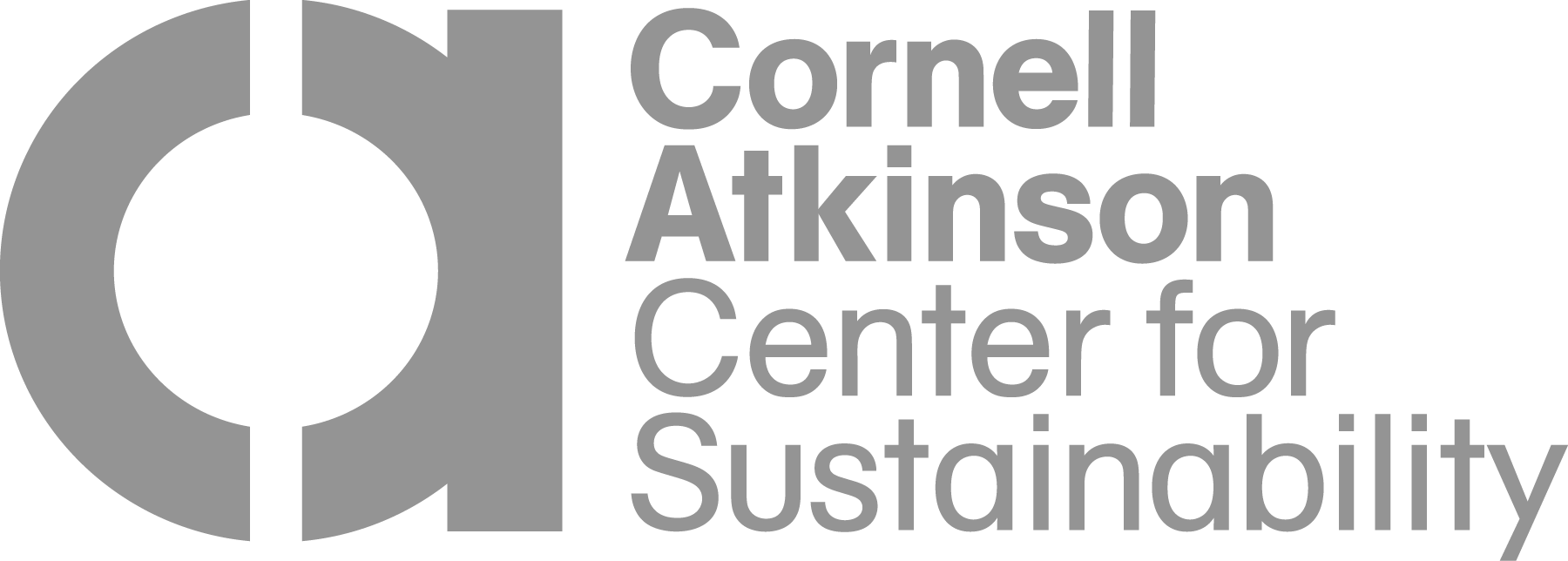Much research has been dedicated to improving building energy simulation tools to aid in the design of high-performance buildings. However, the vast majority of this research has focused on tools and models that evaluate highly resolved designs. To facilitate holistic performance analysis and informed decision-making in the earliest design stages, geometric input and material data need to be streamlined which is a laborious undertaking. Without holistic analysis, however, interesting relationships between architectural decisions and building performance might remain undetected. This research, together with AutoFrame, aims to enable a transparent and data-driven discourse between different stakeholders in design and strengthen the architect's role by adding measurable value to architectural choices.
Given climate change and rapid global development, buildings must meet increasingly stringent environmental performance goals. Although numerous building simulation software assesses energy performance, few inform the early stages of design when critical decisions impacting energy use and carbon footprint are made. Underrepresented early design simulation software could potentially significantly improve the environmental performance of buildings. This paper presents the SEED Framework for multi-objective early design decision-making that utilizes EnergyPlus-based building energy, structural finite element analysis, and Radiance-based daylighting simulations. When furnished with basic inputs, the SEED Framework generates numerous design options ranked by energy use, embodied carbon, construction cost, and daylighting metrics. A case study of a hypothetical mid-sized office building modeled in the Boston, Washington D.C., and Phoenix, USA climates demonstrates how the framework can guide decisions throughout pre- and schematic design phases. This framework aims to assist architects in designing high-performance buildings within project- and budgetary constraints.
Bernett, A., Kral, K., & Dogan, T. (2021). Sustainability Evaluation for Early Design (SEED) Framework For Energy Use, Embodied Carbon, Cost, and Daylighting Assessment. Journal of Building Performance Simulation. https://doi.org/ 10.1080/19401493.2020.1865459







